Our society has turned from agrarian to industrial with the progress in science and technology around the planet. However, it has limited our relationships and intimate contacts with the nature. Our life has turned more materialistic and balanced within the tipping points of debit and credit, cutting us off completely from nature. It has also pushed us further and further towards the concrete jungles of our predominantly urban existence. As a result, we are slowly losing our ancestral roots to nature and turning into mechanical robots who are gasping for fresh air.
Also read: Call of the Wild | Conservation of snow leopard, the most beautiful feline species
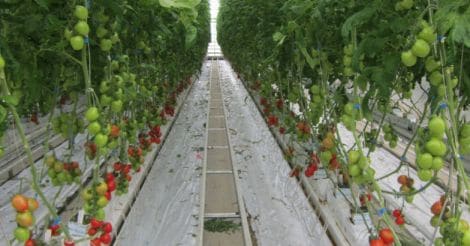 Photo: Saikat Kumar Basu
Photo: Saikat Kumar BasuThe recent global boom of the real estate industry has further deteriorated the environment of our cities, towns and municipalities. Now urbanization is slowly encroaching rural areas around the globe. The other side of this coin is also true, where people are migrating from the rural areas to urban centers for better job prospects, education and economic opportunities. The consequence has been devastating as the cities are completely choking under the pressure of increased population much beyond the carrying capacity and the situation has been turning bad to worse for developing and under developed nations across Asia, Africa, eastern Europe and Latin America. Mass migration towards the cities and this global trend of pan urbanization has been impacting both human life and society in a negative manner.
Also check: Call of the Wild | The spectacular beauty and biodiversity of North America
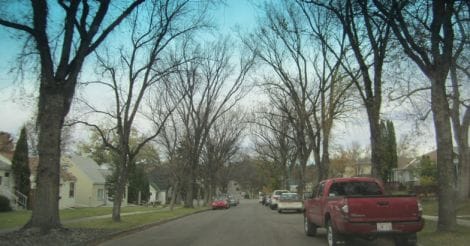 Photo: Saikat Kumar Basu
Photo: Saikat Kumar BasuOur cities are lacking open spaces, parks and gardens, artificial forests, water bodies to make space for newer and bigger industrial centers and parks, multi-storied residences and offices, giant shopping complexes and malls, multiplexes and movie theaters, highways, metros, new airports and corporate style hospitals to mention only a few. But the much needed green space is vanishing beyond our imaginations.
Environment pollution has been one of the detrimental factors negatively impacting our ecosystem drastically. As a consequence, it is deteriorating the quality of the air we breathe, the water we drink; and the soil we use for growing our food. The rich natural resources are being relentlessly over exploited without us ever thinking about the long-term impacts it may have on our common and shared future. The tremendous amount of domestic and industrial wastes generated around the globe are piling up every day warning us of a disastrous, not-so-distant future.
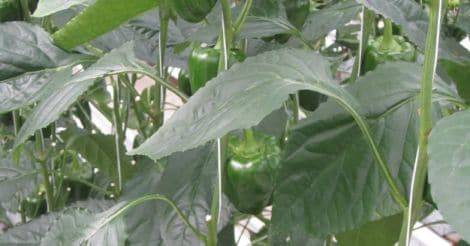 Photo: Saikat Kumar Basu
Photo: Saikat Kumar BasuThe global biodiversity, including our forests and wildlife, are being exploited beyond their carrying capacity resulting in irreversible damage with serious impacts on our food and agricultural biodiversity, pushing several key species important to our ecosystem, food and agriculture towards extinction. Global warming and climate change have an alarming global impact with untimely rain, snow, hail storm, drought and famine occurring with fluctuating frequency around the globe. The sudden outbreaks of devastating floods, tsunamis, typhoons and cyclones, sporadic earthquake and volcanic eruptions are affecting human life and properties, making our life miserably difficult and challenging with each passing day.
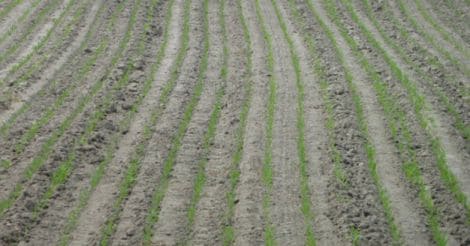 Photo: Saikat Kumar Basu
Photo: Saikat Kumar BasuIs there any solution to such monumental challenges faced by humanity and our global environment? Is there anything that we can do to resolve this perpetual crisis? Do we have enough innovations, technologies, resources, planning and funding for catering to such current and future catastrophic environmental crisis? The tentative answers may be complex, but the simplest answer is that we need to do something about this and that is at a personal or individual level. The small changes generated by personal and individual efforts are the framework for any major global change to happen in the future. It is at this context we need to think about the philosophical aspect of the ‘Act Locally and Think Globally’ campaign comprehensively. We may not have the resources, capacity and strength to resolve every global problem, but we sure can make some positive impacts locally to cater to our immediate environment and ecosystems at the minimal individual level.
Ecological restorations of the disrupted ecosystems could be one of the most important contributions one can make at the local level with long-term global impacts. Preserving and protecting local natural environment and ecosystem could be effectively managed by following the famous Cuba and Mexico based urban and rural home gardening concepts. Integrating our traditional kitchen gardens or roof gardens or backyard gardens with growing large diversity of local plants can help multiplying their natural numbers.
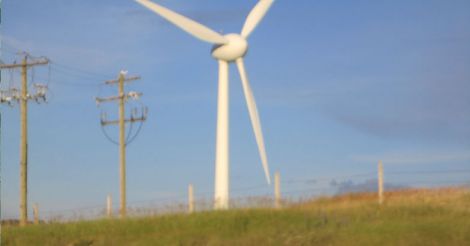 Photo: Saikat Kumar Basu
Photo: Saikat Kumar BasuOrganic agriculture is also catching wind and huge popularity across the globe and this non-aggressive, chemical-free, nature based agricultural system could be integrated with home garden concept for developing small natural habitats in our urban as well as rural areas. Such natural habitats together with local, rural, municipal and city based initiatives help build more open spaces, artificial forests, water bodies, parks, gardens, lawns, green boulevards and avenues that can be significant contributors towards mitigating local environmental pollution.
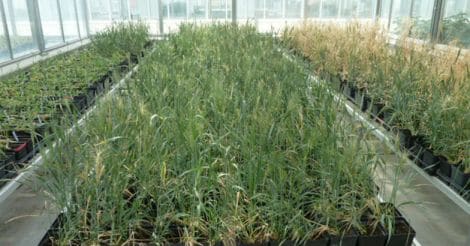 Photo: Saikat Kumar Basu
Photo: Saikat Kumar BasuTeaching the value of creating natural environments to school children and college students in campus workshops in real environmental sites could also positively train young minds to be respectful towards the nature and look for means and opportunities to protect them. That to my mind is a significant local action with huge global implications as we train our future citizens to be caring ad responsible towards protecting our degrading environment.
(The author is a Canada and India based freelance journalist specializing in global geo-political, strategic and foreign policy issues, science & technology and environment & conservation related themes.)
Read more: Call of the Wild

























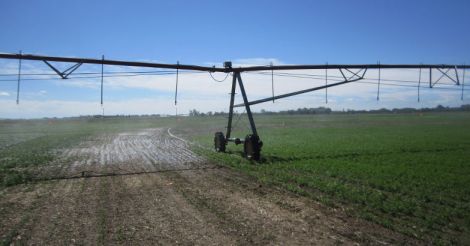 Photo: Saikat Kumar Basu
Photo: Saikat Kumar Basu